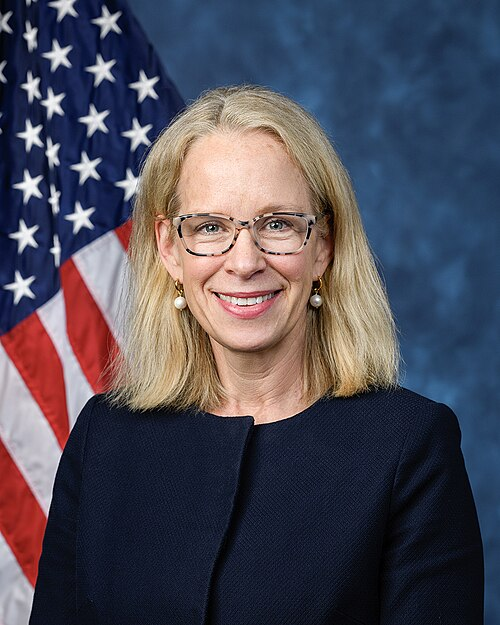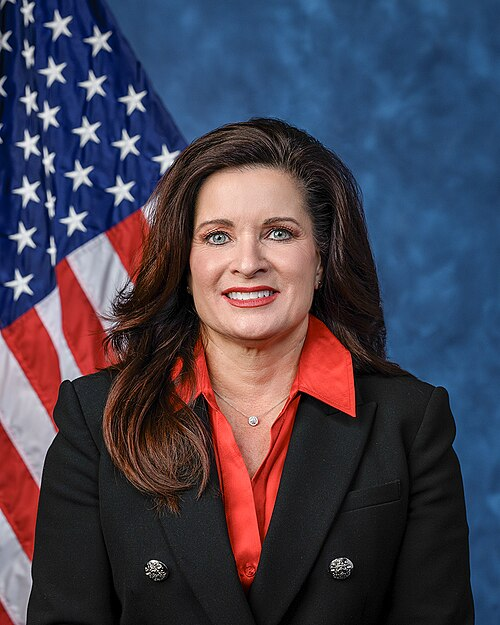S. 2725: STOP Act 2.0
This bill, referred to as the STOP Act 2.0, proposes several significant changes aimed at improving the regulation of international mail shipments, particularly concerning the misrepresentation of the country of origin and the advance electronic information requirements. Here’s an overview of its main provisions:
Criminal Penalties for Misrepresentation
The bill seeks to increase the criminal penalties for mail fraud specifically when the misrepresentation involves the country of origin for international mail shipments. Under the proposed amendment, individuals found guilty of knowingly misrepresenting this information could face fines, imprisonment for up to five years, or both. Additionally, it empowers the Department of Homeland Security to seize and forfeit shipments that violate these provisions.
Changes to Advance Electronic Information Requirements
The legislation terminates the authority that currently allows certain countries to be exempt from the requirement to provide advance electronic information for 100% of mail shipments. This requirement aims to enhance customs compliance and security related to international mail, addressing gaps that could allow illegal substances or goods to enter the U.S.
Annual Compliance Reports
The Secretary of Homeland Security is tasked with submitting an annual report on compliance to Congress. This report will include:
- Updates on agreements with foreign postal operators regarding the transmission of required information.
- Summary of discussions about these information transmission requirements.
- Progress reports on achieving compliance with the information transmission requirements.
- Assessment of the quality of information received and actions taken to improve it.
- Details on randomized tests assessing compliance rates for packages transported by both the United States Postal Service and private carriers.
Public-Private Partnerships
The bill allows the Secretary of Homeland Security, Attorney General, and Postmaster General to engage in public-private partnerships with private parcel delivery services to develop technology for identifying information related to the origin of illicit substances such as fentanyl and other narcotics.
International Collaboration
It encourages collaboration with foreign governments to share information on shippers known for transporting illegal substances and best practices for preventing smuggling through mail systems.
Training for Customs Officers
The bill mandates training for U.S. Customs and Border Protection (CBP) officers on detecting synthetic opioids and other illegal drugs entering the country, focusing on detection equipment and emerging trends.
Evaluation of Prior Legislation
Finally, within one year of the bill's enactment, the Government Accountability Office will evaluate the implementation of the original STOP Act of 2018, identifying risks associated with the smuggling of drugs via mail, compliance differences between the Postal Service and private carriers, and overall effectiveness.
Severability Clause
If any part of the bill is found to be unconstitutional, the remainder will still be enforceable, ensuring that provisions do not invalidate each other.
Relevant Companies
- FDX (FedEx Corporation): A major player in international shipping that may face increased compliance burdens due to the enhanced regulations on international mail.
- UPS (United Parcel Service, Inc.): Another key shipping company that might need to adapt its logistics and reporting systems to accommodate the new requirements for country of origin reporting.
- USPS (United States Postal Service): As the primary postal service, it will be directly affected by the increased requirements for advance electronic information and compliance reporting.
This is an AI-generated summary of the bill text. There may be mistakes.
Sponsors
2 bill sponsors
Actions
2 actions
| Date | Action |
|---|---|
| Sep. 04, 2025 | Introduced in Senate |
| Sep. 04, 2025 | Read twice and referred to the Committee on Finance. |
Corporate Lobbying
0 companies lobbying
None found.
* Note that there can be significant delays in lobbying disclosures, and our data may be incomplete.
























